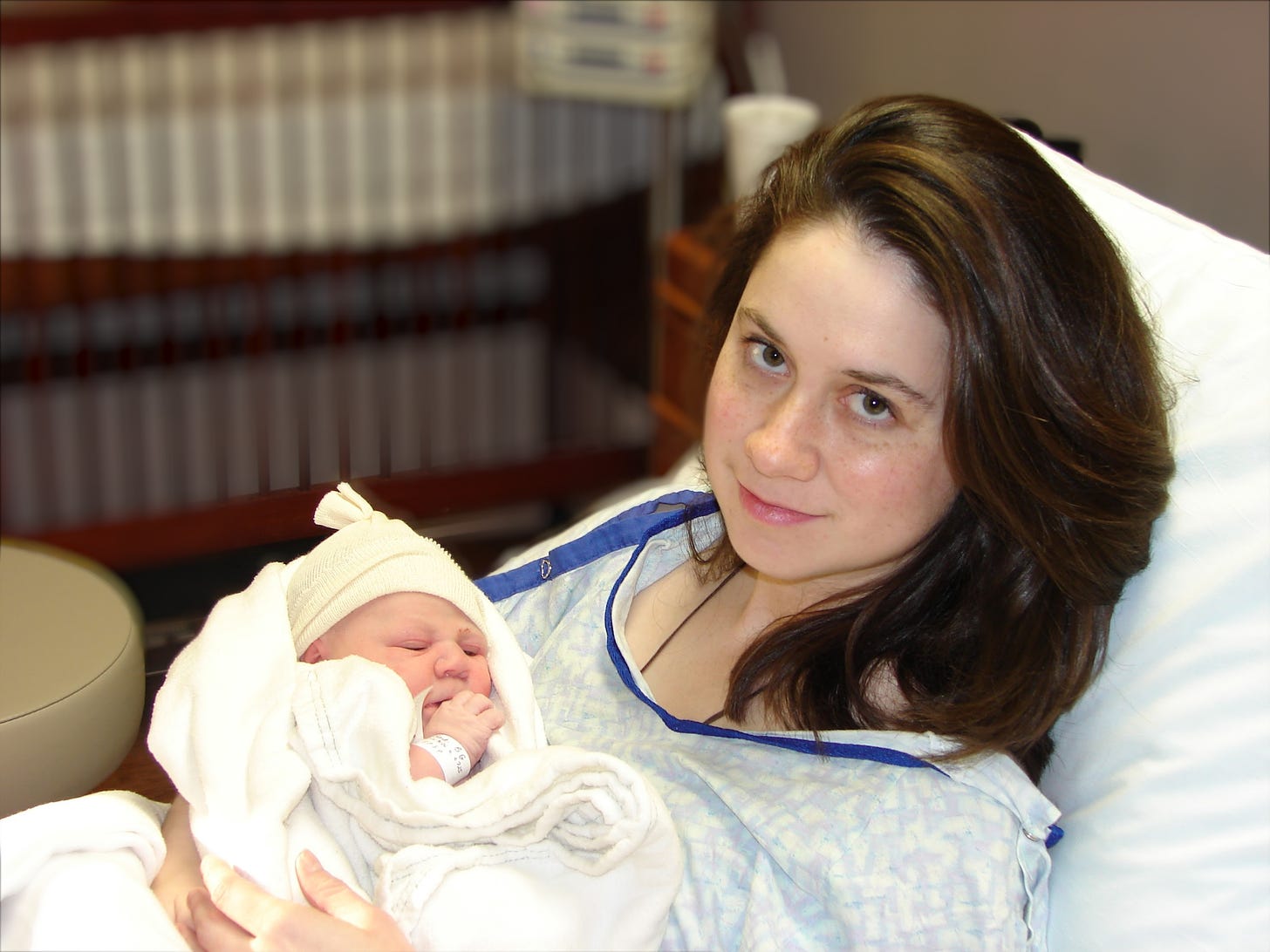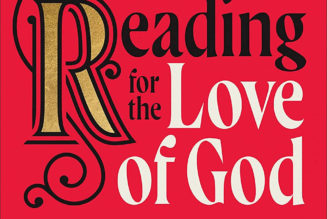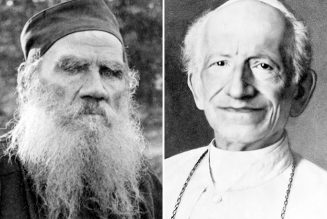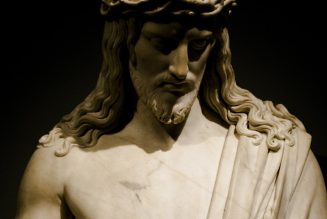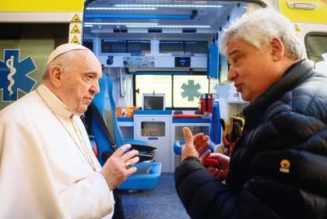“I will greatly multiply your pain in childbearing;
in pain you shall bring forth children,
yet your desire shall be for your husband…”
This verse from Genesis has come to my mind many times in the past few days. It is one of the many verses of scripture that I’ve heard a hundred times in my life, only to realize on the 101st hearing, that I only ever scratched the surface of the surface.
God speaks these words to Eve immediately after the fall of our first parents. Because of Original Sin, all women since Eve until the end of time, Our Blessed Lady excepted, are cursed to bring forth children in great pain. This is the traditional, and correct, understanding of this verse. But as I said, this is merely to scratch the surface, which is all I had ever done.
This time, when I heard the verse, I remembered something else: “God [is] our Savior, who desires all men to be saved.” It is worth repeating: everything that God wills in our universe is ultimately for the purpose of bringing us home to be with Him.
If this is the case, then what kind of curse is this? God is not divided against His own will, so this can only mean that this too must be a means of bringing us home. God being God, we must affirm that far from being an arbitrary punishment, this punishment was chosen by Him as the most just, the most loving, and the most merciful punishment of all.
The blessing found within the curse is none other than the lesson of the Cross: love sacrifices all for the beloved. There are no shortcuts to meeting the risen Christ at the tomb—we must walk the via dolorosa and first pass through the shadows of Golgotha.
This lesson is God’s severe mercy.
Mothers, precisely because they are mothers, are intimately familiar with this severe mercy.
St. Gianna, who offered her own life in exchange for her unborn child, knew the truth as well as anyone ever will. She tells us, “Love and sacrifice are closely linked, like the sun and the light. We cannot love without suffering and we cannot suffer without love.”
The mother’s via dolorosa
In my own life, I have watched my wife walk the via dolorosa eight times. Each time, I was awestruck by this woman. It was the greatest suffering she had ever undergone, but it was undergone willingly, in order to bring forth the child she deeply loved. On every occasion before she started her labor, and even during her labor, she made me promise that if a decision had to be made, if a life had to be chosen, I was always to choose our child’s wellbeing before hers. What filled me with awe is I knew she meant it. Completely. She never said this to me in a dramatic way, but always in a very matter of fact tone. To her, if love demanded sacrifice, then she was willing to sacrifice. If love demanded suffering, then she was willing to suffer. Not with resentment, but with joy.
Mothers understand the way of the cross in a unique and privileged way. Like Christ, for love they willingly shed their blood. For love, they willingly undergo the greatest agonies. As I recall the many times I listened to my wife pray through her most painful contractions, I now realize, at that moment, she was likely never closer to her Lord. But then, perhaps we shouldn’t be surprised, if we remember what else Scripture has told us, “but the Lord thy God turned the curse into a blessing unto thee, because the Lord thy God loved thee.”
“[I]n pain you shall bring forth children, yet your desire shall be for your husband…” A wife’s desire is for her husband. A woman knows the suffering that may come about because of the love for her husband, and her desire for a child, but she chooses the way of love, along with the way of suffering, in spite of all this.
It turns out then that there is a beautiful symmetry of love amidst the path of suffering. A woman’s desire for her husband culminates in the spouses’ marital joy in each other. If this union is fruitful, the woman must carry her child through her own suffering and pain. But after all this, there is yet another joy, another love, that she shares with her spouse: the fruit of their love. From the greatest peak of joy, to the greatest peak of pain—after each, she reposes contentedly with her beloved.
Felix culpa
This then is the lesson: when undertaken for the sake of the beloved, the way of suffering is always surrounded by the way of love. At. St. Catherine tells us, “All the way to Heaven is Heaven because Jesus is the way.” Mothers understand this lesson. Fathers understand it later, by the witness of their wives. My wife first taught me this lesson one evening in June, many years ago now.
Enrico Petrillo, the husband of servant of God Chiara Petrillo, learned the lesson from his wife as well. His wife, like St. Gianna, also gave her life for the sake of her unborn child. Enrico, watching his wife undergo her suffering with so much patience and love, asked her hours before she died, “Chiara, is this Cross really sweet like the Lord says?’ She smiled at me, and with a frail voice replied: ‘Yes, Enrico. It is very sweet.'”
Salvation history is a study in seeming contradictions. “O happy fault, O necessary sin of Adam, which gained for us so great a Redeemer!” If we exclaim, “O happy fault” perhaps we ought also to exclaim, “O blessed curse.” For what else can we say about something which leads us to so great a Redeemer? And as husbands, how are we to repay our wives for so great a gift? Perhaps we cannot in this life, but what we can promise them is to faithfully walk the via dolorosa with them. With love. With patience. And with the assurance that, at the end of the windy path, when all shadows fade away, she will repose, once again, contentedly with her Beloved.
Join Our Telegram Group : Salvation & Prosperity

